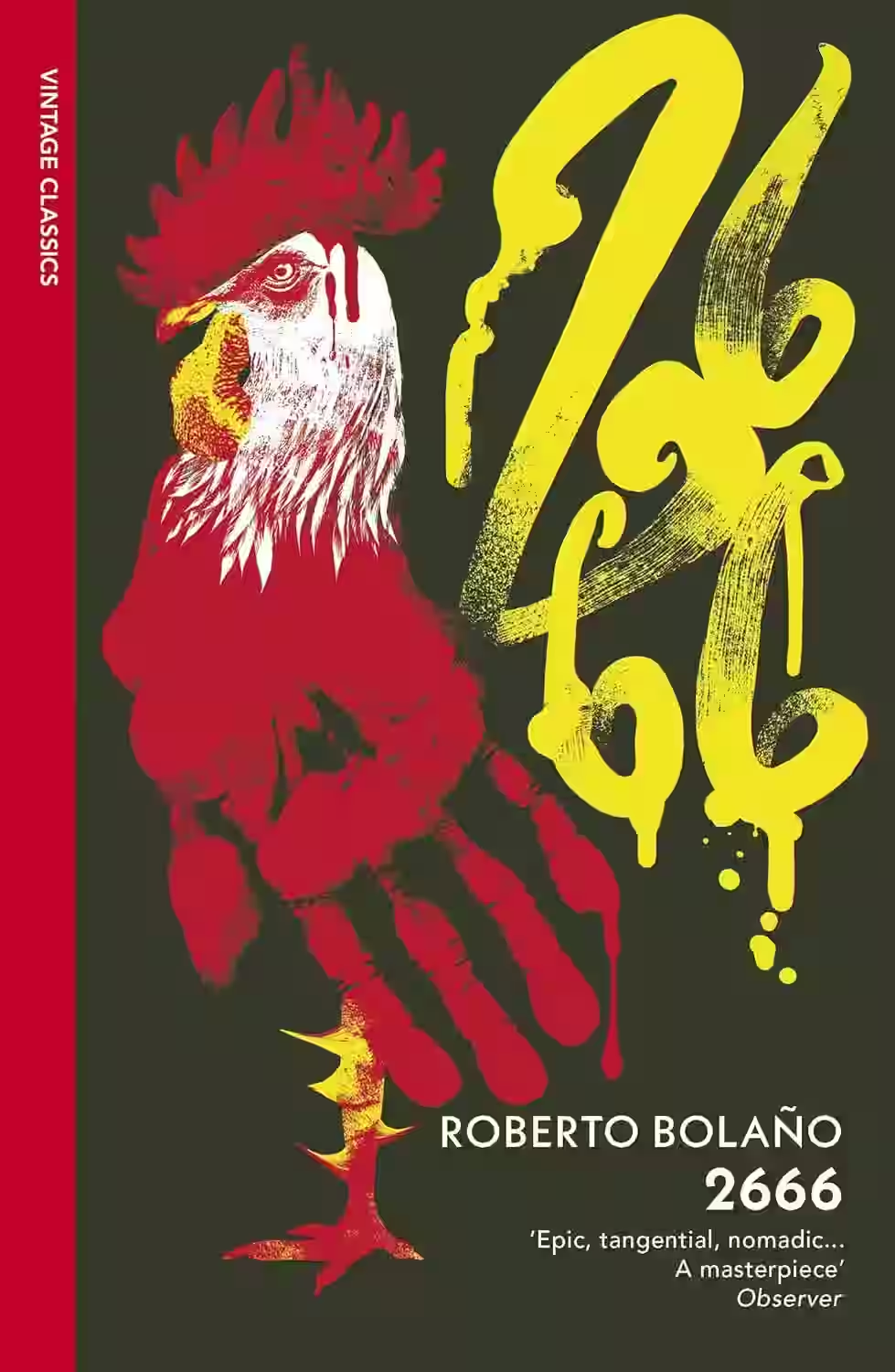Roberto Bolaño
Roberto Bolaño (1953–2003) was a Chilean novelist, poet, and essayist, widely regarded as one of the most influential Latin American writers of his generation. Born in Santiago, Chile, Bolaño spent much of his life in Mexico, before later settling in Spain. His works, primarily written in Spanish, have been lauded for their complex narratives, dark themes, and existential depth. Among his most notable novels are 'The Savage Detectives' (1998) and '2666' (published posthumously in 2004), both of which have received critical acclaim and considerable international attention. Bolaño's distinctive style, characterized by its sprawling storytelling and bold exploration of literary tradition, has had a profound impact on contemporary literature, earning him a lasting legacy as a daring innovator and a keen observer of the human condition.

Roberto Bolaño's '2666' is a sprawling, enigmatic novel that traverses continents and genres, engulfing the reader in a labyrinthine narrative. Set primarily in the fictional Mexican town of Santa Teresa, the book intricately weaves together five distinct yet interconnected parts, each exploring themes of violence, obsession, and the quest for meaning. The novel's epic scope delves into the minds of literature critics, an elusive German author, a brutal crime wave, and a reclusive professor, all against the backdrop of the mysterious and incessant murders of women. Bolaño's masterful storytelling and evocative prose challenge conventional narrative structure, leaving a profound impact on readers as it delves deep into the human psyche and societal ills. '2666' is a testament to the power of literature to illuminate the darkest corners of human existence, a richly layered work that continually unfolds new insights with each reading.